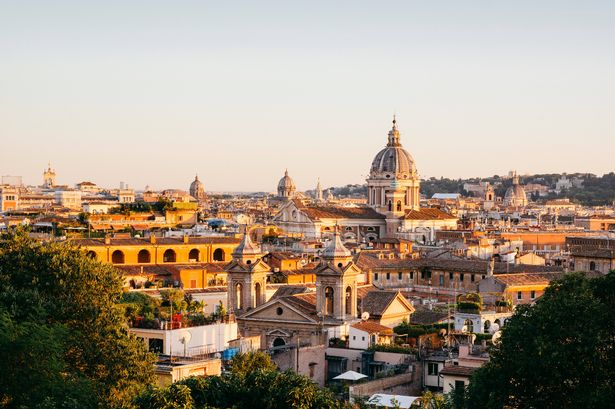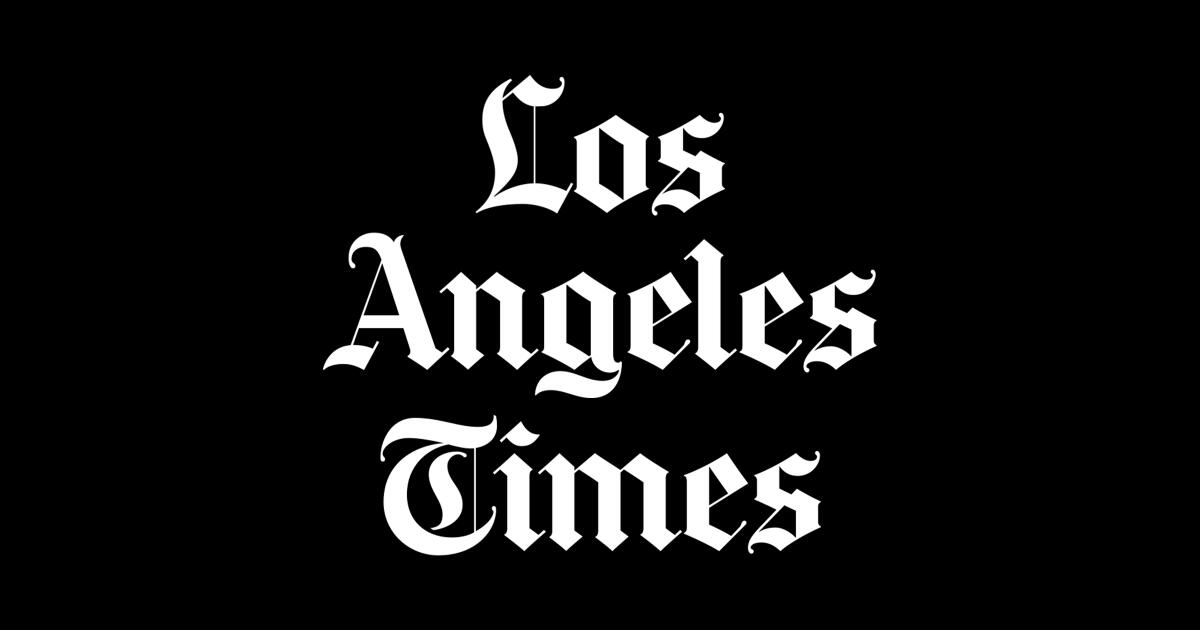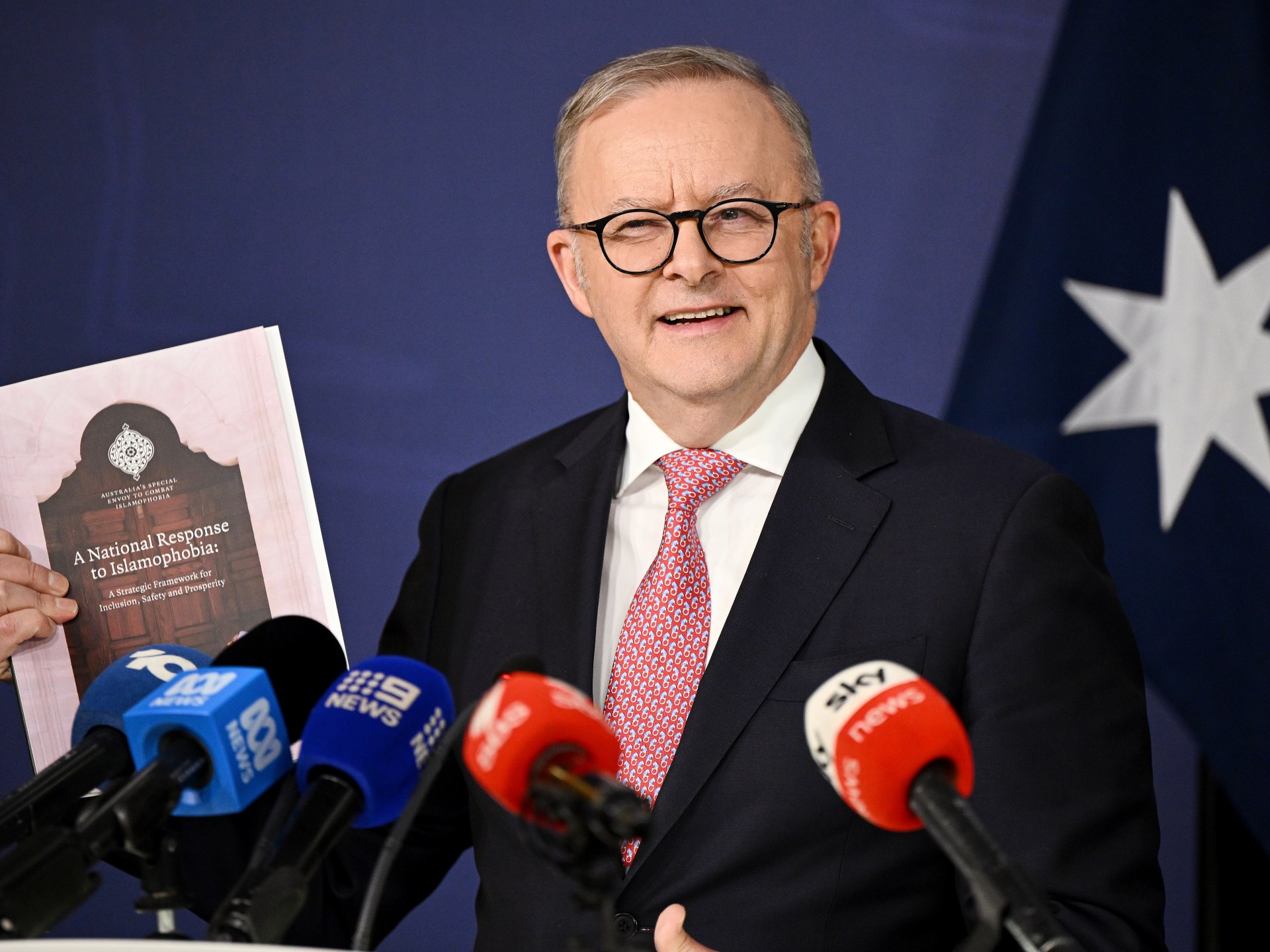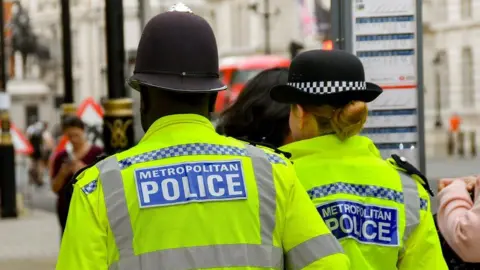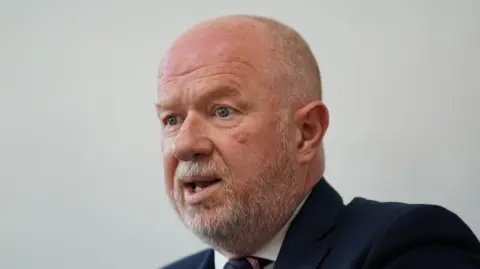Anyone who has a holiday in Rome coming up has been issued a warning. One holidaymaker who has just been to the Italian capital told people to be on ‘high alert’ when visiting
A holidaymaker in Rome has issued a stark warning to fellow tourists heading to the Italian capital after enduring a horrifying experience during her break. Caroline Jansson turned to TikTok to reveal she had been “robbed of all of her personal belongings” and urged others visiting the city to stay alert to their surroundings.
“I’ve just been with the police and they told me they [thieves] specifically target tourists,” she began in a video. She went on, explaining that those with hire cars should stay especially watchful after learning at the police station that numerous others had fallen victim to luggage theft straight from their rented vehicles.
“I talked to one woman who turned around to take a picture and she had her handbag stolen,” Caroline continued.
“There was another man who had his wallet and passport stolen out of his hand – so be very vigilant and look out for each other and each others’ suitcases because literally everything we had with us for the trip is now gone.”
Caroline revealed that consequently, she had lost numerous valuables including her iPad and two laptops in the European hotspot. Luckily one of those was a MacBook, enabling her to trace and find it inside one of the pinched bags – only to discover it had been abandoned in a ditch with no trace of her other belongings.
“We’re going to continue talking to the police and see how it goes,” Caroline said, before issuing a heartfelt plea to her followers to keep an eye out for her luggage if they happen to be in Rome.
In response, another tourist shared their own experience of theft in Rome. “We were robbed in the Rome train station,” they revealed. “Luckily an officer noticed this guy with a bag that didn’t match his look and we got it back. We were so lucky.”
A second person also revealed: “We were robbed, had our van smashed and they stole phones, iPads, handbag, money, camera. Police not interested. We were in a secure patrolled car park.”
Whilst a third TikTok user warned: “A group of three tried to pickpocket me and my husband on a very crowded bus. Just be careful and keep your belongings close to you and be aware.”
The UK government’s foreign travel advice section offers the following guidance for those visiting Rome, meanwhile.
“Thefts from parked cars happen in Rome, particularly in the Colosseum area, Ostia, Milan and Pisa. Thieves also target coastal areas and towns, and motorway service stations. Avoid leaving luggage in your vehicle – even out of sight in the boot – for any length of time.
“Thieves may use a variety of methods to distract you or encourage you to stop your car, including asking for help or directions or pointing out a fictional fault with your car.”
To reduce your personal risk:
- keep sight of your belongings at all times
- beware of thieves using distraction techniques
- avoid carrying all your valuables together in handbags or pockets
- leave spare cash and valuables in a safe place such as a hotel safe
